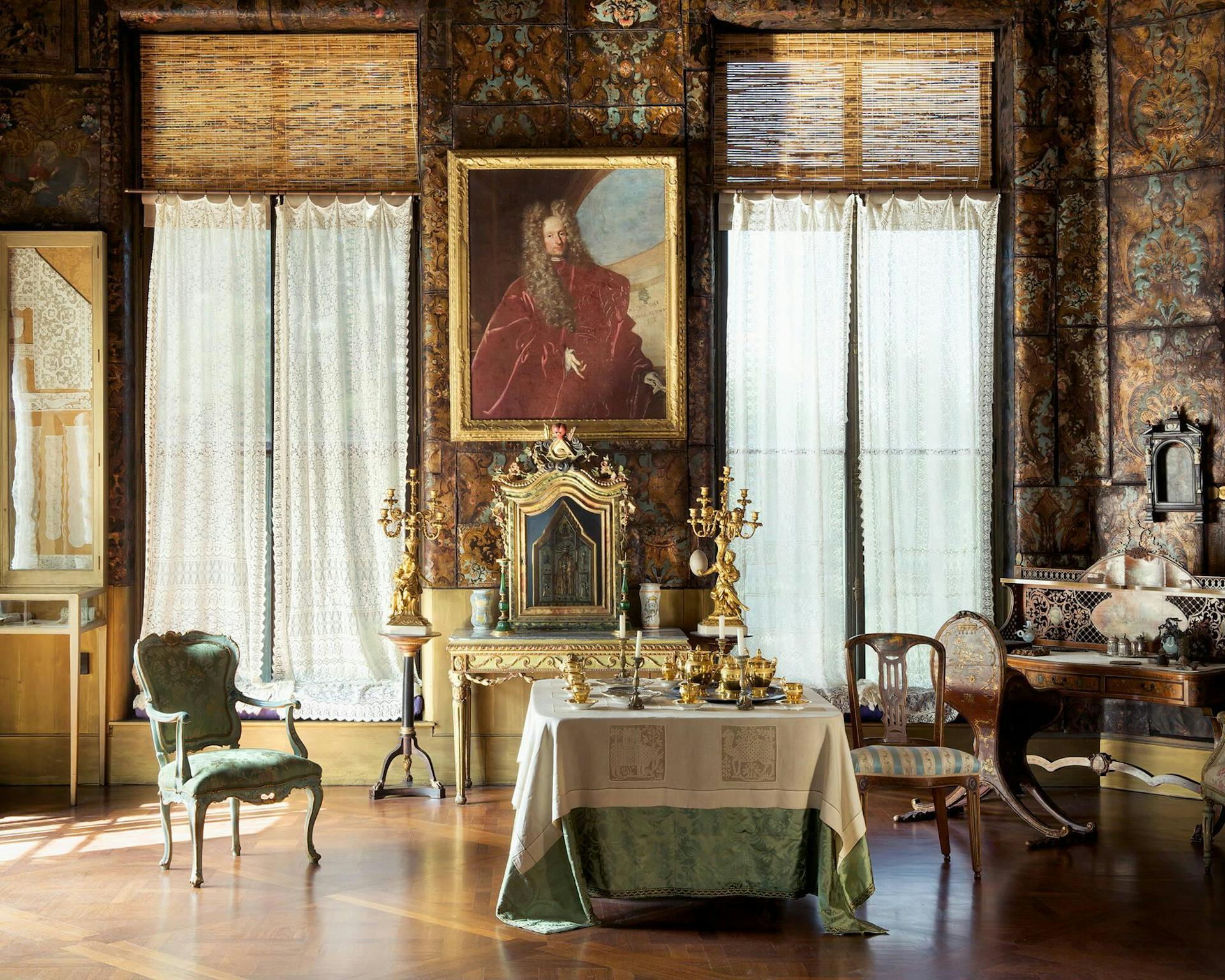
Veronese Room, Gardner Museum
Taste used to be reserved for conversations around fashion and art, but now we look for it in people, in technology, and in ourselves.
You have an intuitive sense of people in your life with great taste. They're the ones who you go to for recommendations for movies, restaurants, tech, etc. Or the extra set of eyes to check on your work before you release it to the public.
The quintessential example of someone with good taste is Isabella Stewart Gardner. She has a collection of 7500 paintings, sculptures, furniture, textiles, silver, ceramics, 3000 rare books, and 7000 archival objects-from ancient Rome, Medieval Europe, Renaissance Italy, Asia, the Islamic world and 19th-century France and America.
If you were asked to define taste, what would you say?
Something along the lines of "you know it when you see it" or "it's in the eye of the beholder"?
It's hard to pin down, because they describe a sensibility more than any particular quality, a particular thing.
It's an ability or sensitivity to appreciate and respond to aesthetic influences.
Some notes on "taste" on Are.na.
- Taste is a mode, it's a manner of interpretation, expression or action.
- Things don't feel tasteful, they demonstrate taste. (i.e. you can dress tastefully but an experience cannot be tasteful)
- appreciation and creation are forms of taste, but they don't have to be intertwined.
- You can have impeccable taste in art without producing any, but those who create tasteful things are almost always deep appreciators.
- creating forces taste upon it's maker, they must master self-expression and craft to make something truly compelling
- we talk about taste in binaries, either you have it or not. great taste means almost the same as taste
- Having taste requires intention, focus, and care. It's a commitment to a state of attention, you can't have taste by mistake
- Taste comes in lanes: there is taste in people, visual, emotion, acts, and intelligence (taste in ideas). Taste tends to develop unevenly.
- Taste is often formed through the integration of diverse, wide-ranging inputs.
- Steve Jobs said, "I think part of what made the Macintosh great was that the people working on it were musicians and poets and artists and zoologists and historians who also happened to be the best computer scientists in the world."
- John Folley: "Good taste is simply to have a well formed opinion, in accordance to the realities of the Good and the True". There are tasteful and non-tasteful choices.
- Taste is not the same as correctness. Taste intrigues, compels, moves, enchants, fascinates, and seduces.
- Taste requires originality, it invokes aspirational authenticity (i.e. writing stories that only ou can write, to be joyfully and defiantly yourself)
- Taste honors someone's standard of quality, but also the distinctive way the world bounces off a person. It reflects what they know about how the world works, and what they're working with in their inner worlds.
- By turning the chaotic and overwhelming pool of information into a steady stream of things we find beautiful, we can define and cultivate our tastes.
- There are no shortcuts to taste. Take your time learning what you find compelling, and why.
- Susan Sontag: “taste has no system and no proofs. But there is something like a logic of taste: the consistent sensibility which underlies and gives rise to a certain taste